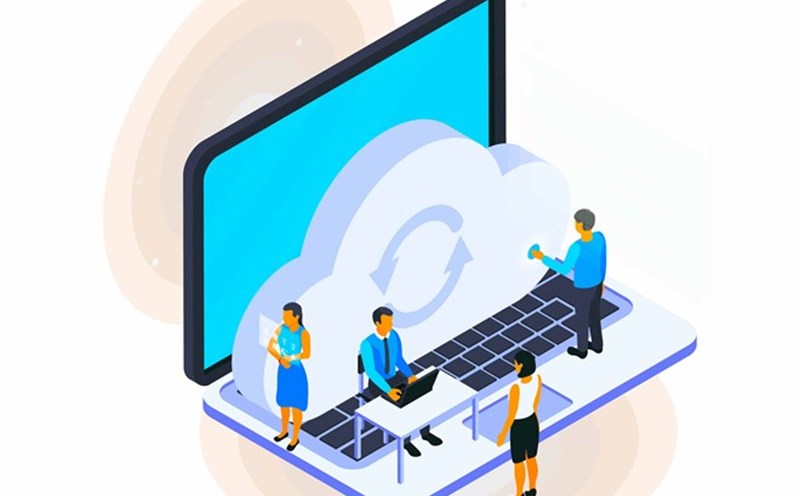In the eyes of venture investors, artificial intelligence (AI) is opening a new "gold mine", turning labor-intensive service industries into business models with high profit margins similar to software.
A popular strategy is to buy back established service companies, apply AI to automate processes, then use improved cash flow to expand.
General Catalyst (GC) is leading this trend. The company has mobilized 1.5 billion USD to develop a strategy called creativity, build AI software companies in each specific field, and then use these companies themselves as a tool to buy back businesses in the industry.
GC has targeted 7 areas, from legal services to IT management, and plans to expand to 20.
For example, Titan MSP, a portfolio company of GC, received $74 million to develop AI tools for IT service providers.
After that, Titan acquired RFA, a famous IT company, and proved its ability to automate up to 38% of normal work. The plan is to continue using increased profits to acquire other MSPs.
Another project is Eudia, which specializes in providing internal legal services to large corporations such as Chevron, Southwest Airlines and Stripe. Unlike the traditional hourly fee model, Eudia offers a fixed fee thanks to AI. The company has also just acquired Johnson Hanna to expand market share.
GC is not alone as the Mayfield fund has spent $100 million on similar investments. Start-up Gruve, after being supported by AI, increased its revenue from 5 to 15 million USD in just half a year with a profit margin of 80%.
Private investor Elad Gil is also following this path, considering a buy-back of an existing business and then a transformation with AI as a faster way than selling simply software.
However, the picture is not completely rosy by a study by Stanford Social Media Lab and BetterUp Labs showing that 40% of surveyed employees face worklop, an AI-generated job that looks smooth but meaningless, forcing colleagues to re-work.
On average, each employee spends nearly 2 hours fixing an AI error, causing a loss of 186 USD per month, equivalent to more than 9 million USD per year for an organization with 10,000 employees.
This reality poses a paradox: if businesses cut staff to increase efficiency, they will lack AI correcters. If they keep the same team to handle Workslop, the expected profits will be difficult to achieve. This could slow down expansion plans, which are the focus of investment funds' acquisition strategies.
However, Mr. Marc Bhargava, GC leader, said that this was an opportunity. According to him, transforming businesses with AI is extremely complicated, requiring experienced AI application engineers and close coordination with industry experts.
It is this difficulty that makes the strategy of incubating AI companies and then buying back service businesses reasonable.
The big difference of GC is that the companies in the portfolio all make a profit from the start, instead of the money-burning model commonly seen in startups.
With the continuous improvement of AI, investors believe that many service industries will continue to be "technicized", although the road is certainly more bumpy than they imagined.







